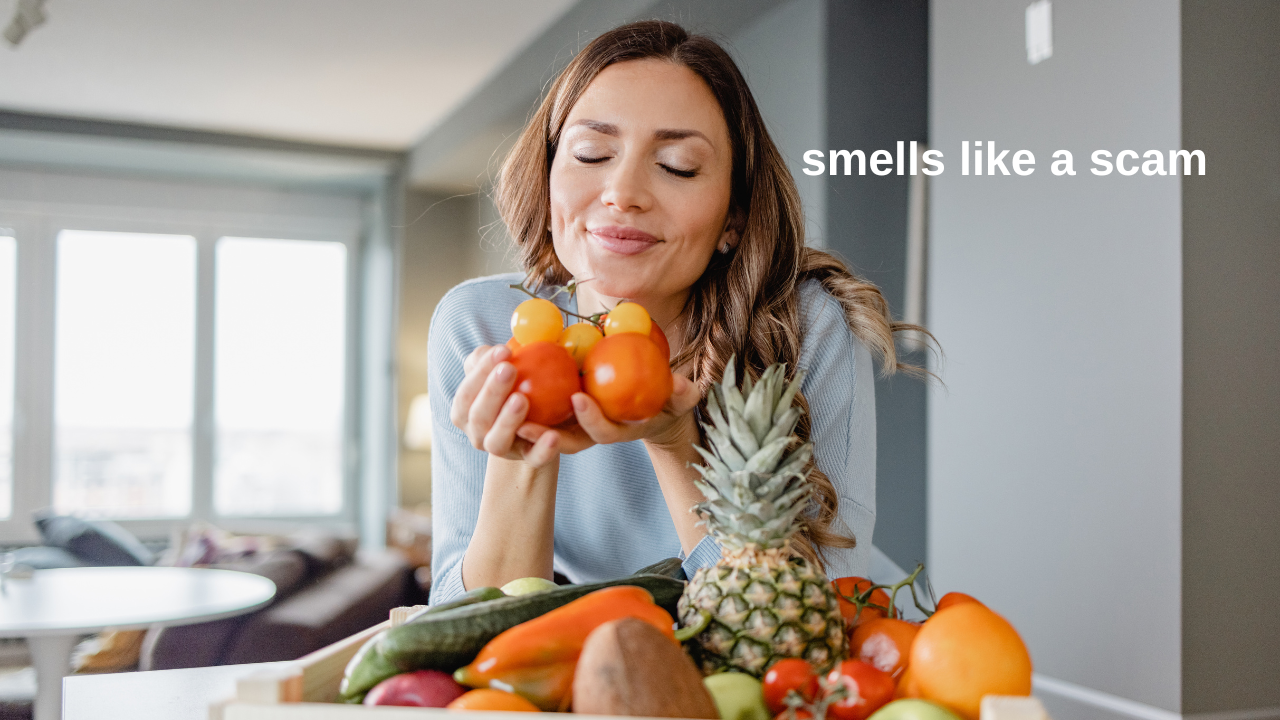
in the world
actually
said Australia is the only developed country that doesn’t have consistent regulation for organic products and that’s pretty cooked TBH.
She also said that 33 per cent of Aussies have been mislead into buying organic products that weren’t even certified organic and I’m probably a member of that club.
Australia is the only country in the world where there is a difference between “certified organic” and “organic” food products.
“If you ask for an organic product in the US or in Germany, you’ll get a certified organic product … we don’t have that definition here,” she said.
This process whereby companies can call their products “organic” without any actual verification is called “greenwashing”, and Nikki Ford said the plans to stop greenwashing had been .
, managing director of organic producers Inglewood Farms, said the lack of standards in Australia was a logistical nightmare for her organic poultry business.
“We’re mums and dads … a lot of the organic growers are family businesses and we’re just trying to make a go of making a business that provides quality products here in Australia,” said Katrina.
The lack of standards and verifications in Australia also make it increasingly difficult for business owners to . Especially when it comes to countries that require stricter rules and regulations around organic produce.
With the I’d suggest checking your products are actually certified organic before forking out any extra dosh.
“You can simply put organic on your packaging in Australia if you have one [organic] ingredient or you simply claim a process has been undertaken with no verification — and the ACCC aren’t able to stop this,” said Nikki.
foiled by the federal government before Katrina Hobbs export their products internationally cost of groceries already at an all time highThe post Turns Out Organic Foods Are A Literal Waste Of Money Cos Of Aus’ Slack Food Laws, Experts Say appeared first on PEDESTRIAN.TV .







